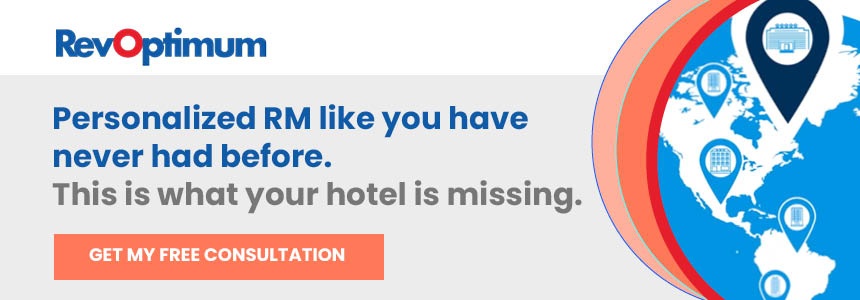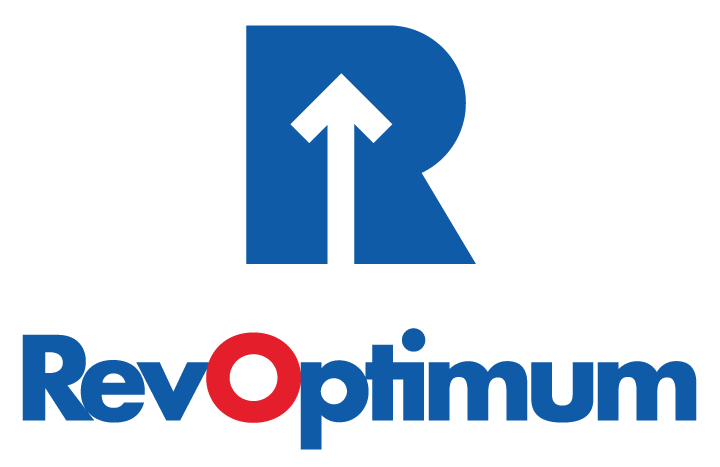In the dynamic and often unpredictable world of hospitality, fluctuations in demand and aggressive competitor pricing strategies are inevitable. As market conditions shift, hoteliers are constantly challenged to adapt their strategies to maintain occupancy and revenue. During periods of low demand, it can be particularly tempting to reduce room rates as a quick fix to attract more guests. However, slashing prices can have long-term negative consequences, such as eroding brand perception, lowering profitability, and triggering a price war with competitors that is difficult to recover from.
Maintaining a hotel's financial health and brand integrity requires a more nuanced approach. Rather than engaging in a race to the bottom on prices, hoteliers can implement innovative and strategic measures that enhance the overall value proposition, improve guest experiences, and differentiate their offerings in the marketplace. These strategies focus on leveraging the hotel's unique strengths, optimizing marketing efforts, and maximizing operational efficiency, all while preserving the integrity of the pricing structure.
In this article, we explore seven effective strategies that hotels can use to capture market share and drive bookings during challenging times without resorting to drastic rate reductions. By embracing these approaches, hoteliers can not only weather periods of low demand but also position their properties for sustained success in the ever-evolving hospitality landscape.
1. Enhance Value Through Package Deals
Rather than lowering room rates, consider offering value-added packages. These can include complimentary breakfast, spa treatments, dining credits, or local experiences. By bundling services and amenities, you create a perception of added value, making your offer more attractive without directly cutting room rates. Packages can also differentiate your hotel from competitors and provide a unique selling point.
2. Focus on Personalized Marketing
Leverage customer data to create personalized marketing campaigns. Tailored offers based on past guest preferences and behavior can significantly increase booking rates. Use your CRM system to segment your audience and send targeted promotions that resonate with specific guest segments. Personalized emails, loyalty rewards, and exclusive deals for repeat guests can build strong relationships and encourage direct bookings.
3. Improve Your Online Presence and SEO
Ensure your hotel’s website is optimized for search engines and mobile-friendly. Invest in high-quality content that highlights your hotel's unique features and nearby attractions. Engaging blog posts, stunning visuals, and virtual tours can attract organic traffic and convert visitors into guests. A robust SEO strategy will help your hotel rank higher in search results, making it easier for potential guests to find you over your competitors.
4. Use Social Media and Influencer Partnerships
Social media platforms are powerful tools for reaching potential guests. Create engaging content that showcases your property and encourages user interaction. Partnering with influencers can also boost your hotel's visibility and credibility. Influencers can provide authentic reviews and share their experiences with a broad audience, driving interest and bookings without the need for rate reductions.
5. Optimize Your Distribution Channels
Ensure your property is listed on multiple online travel agencies (OTAs) and meta-search engines. Maintain rate parity across all channels to avoid price competition with your own listings. Evaluate the performance of each channel and focus on those that generate the highest return on investment. Additionally, consider implementing a channel manager to streamline your distribution strategy and maximize visibility.
6. Leverage Guest Reviews and Testimonials
Positive guest reviews are a powerful tool for attracting new customers. Encourage satisfied guests to leave reviews on popular platforms like TripAdvisor, Google, and booking sites. Highlight these testimonials on your website and social media channels. Responding to reviews, both positive and negative, demonstrates your commitment to guest satisfaction and can enhance your hotel's reputation.
7. Implement Loyalty Programs
Developing a robust loyalty program can incentivize repeat bookings and foster brand loyalty. Offer rewards such as free nights, room upgrades, or exclusive access to amenities for returning guests. Loyalty programs not only encourage repeat business but also generate word-of-mouth referrals. Make sure to promote your loyalty program prominently on your website and during the booking process.
Conclusion
Maintaining your rates during periods of low demand and aggressive competitor pricing requires a strategic approach that emphasizes value, personalization, and strong online presence. By implementing these seven strategies, hotels can attract guests and capture market share without resorting to price cuts. At RevOptimum, we specialize in providing tailored revenue management solutions that help hotels navigate challenging market conditions and achieve sustainable growth. Contact us today to learn how we can support your revenue management efforts and help your hotel thrive in any market environment.
Get the personalized revenue management service your hotel needs today.
RevOptimum enables revenue management transformation for the hotel industry and supports hoteliers through our expertise and innovative revenue increase structures and proprietary tools. Every day, we strive to deliver the highest revenue performance, client excellence, service quality, and integrity that bring the power of success to the hospitality industry.
We are ready to work with your hotel to build a revenue management plan that brings in more RevPAR closely. Contact us to learn how you can reach all of your hotel revenue goals quickly.
About the Author

Mia Belle Frothingham
Mia Belle Frothingham is the Co-Founder and Chief Marketing Officer of RevOptimum. She oversees all aspects of corporate marketing and outreach strategies, including communications, brand identity, and international and digital advertising. Mia has a Revenue Management certification from Cornell University and received a Bachelor's from Harvard University and a Research Master's from The University of Edinburgh.



